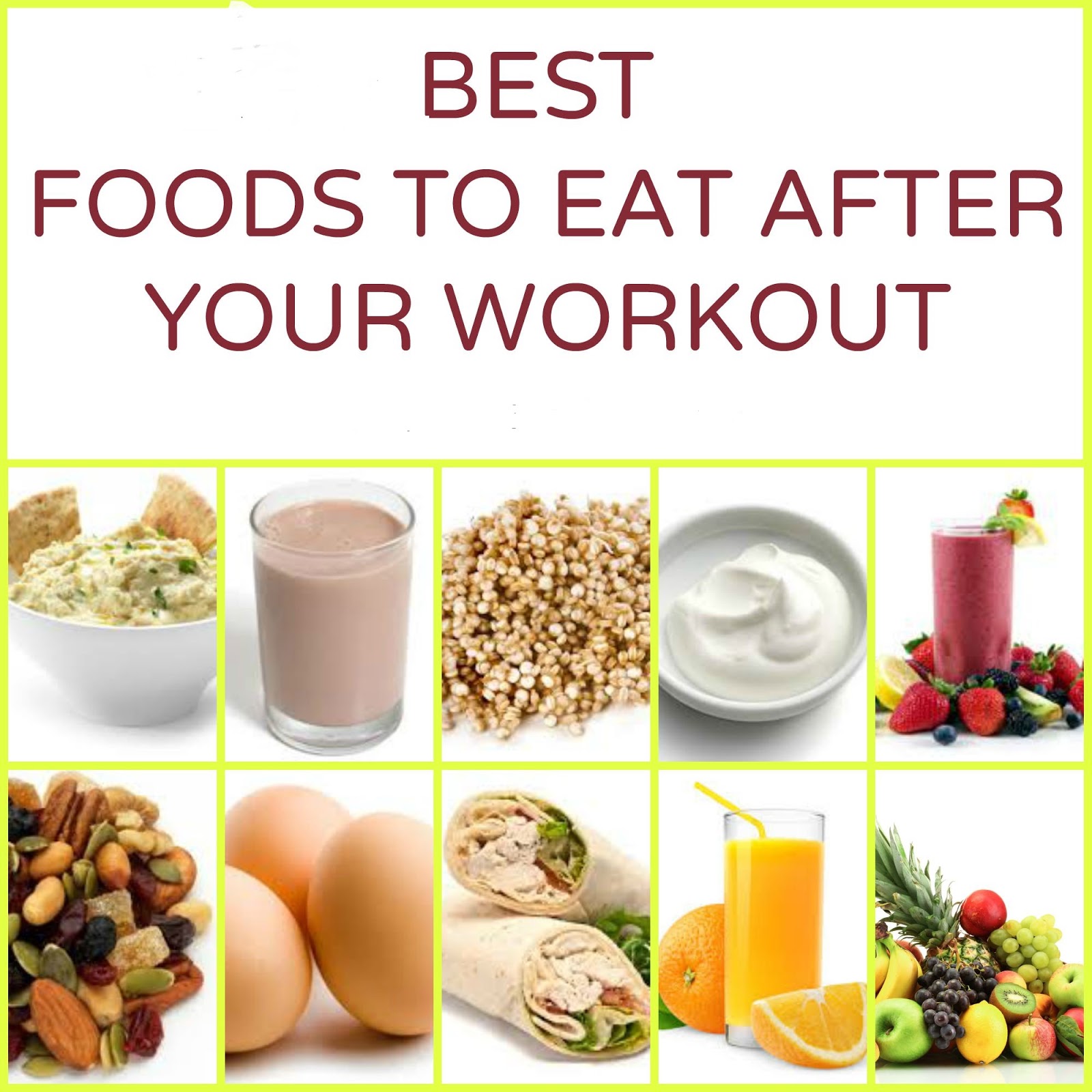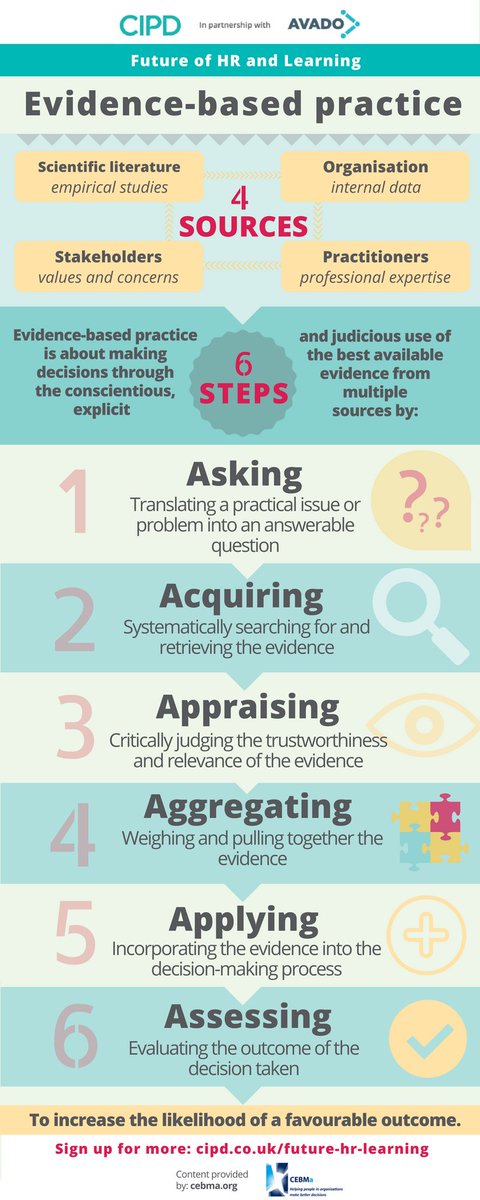The Role of Nutrition in Post-Workout Recovery
Addressing the question ‘is it bad to not eat after a workout’ is crucial for those seeking to optimize their exercise routines and overall well-being. A well-balanced post-workout meal plays a significant role in muscle recovery and growth, making it an essential aspect of any fitness regimen. Proper nutrition aids in replenishing energy stores, repairing muscle tissue, and facilitating the adaptation process that occurs in response to physical stress.
How Your Body Utilizes Macronutrients Post-Exercise
To fully understand the implications of not eating after a workout, it is essential to explore the roles of carbohydrates, proteins, and fats in post-exercise recovery. Carbohydrates replenish glycogen stores, providing energy for future workouts, while proteins facilitate muscle repair and growth. Fats assist in the absorption of fat-soluble vitamins and contribute to hormonal balance, an often-overlooked aspect of post-workout nutrition.
Carbohydrates, in the form of simple sugars and complex chains, are the primary source of energy for the body during exercise. Consuming carbohydrates post-workout restores muscle and liver glycogen, which may be depleted after intense bouts of exercise. This process is crucial for maintaining energy levels and supporting optimal performance in subsequent workouts. Moreover, consuming adequate carbohydrates post-workout can help suppress cortisol levels, reducing muscle breakdown and facilitating a more anabolic environment.
Proteins, particularly those containing essential amino acids, play a critical role in muscle recovery and growth. After a workout, muscle protein synthesis is elevated, and consuming adequate protein provides the building blocks necessary for muscle repair and growth. Furthermore, proteins can help stimulate the release of insulin, a hormone that facilitates the uptake and utilization of carbohydrates and amino acids by muscle cells. This synergistic effect between carbohydrates and proteins enhances post-workout recovery and adaptation.
Fats, often misunderstood in the context of post-workout nutrition, also have a role to play. Dietary fats can help slow down the digestion and absorption of nutrients, providing a steady supply of energy and nutrients over an extended period. Additionally, fats are essential for the absorption of fat-soluble vitamins, such as vitamins A, D, E, and K, which are vital for various physiological processes, including immune function, bone health, and antioxidant activity. Ensuring adequate fat intake post-workout can contribute to overall health and well-being, as well as support hormonal balance, which is crucial for optimal exercise adaptation.
The Science Behind Post-Workout Meal Timing
A common topic of discussion among fitness enthusiasts is the ‘anabolic window,’ a period following exercise during which the body is thought to be particularly receptive to nutrient uptake and utilization. This concept has led many to believe that consuming a post-workout meal immediately after exercising is crucial for maximizing muscle recovery and growth. However, recent research has challenged this notion, suggesting that the anabolic window may be wider than initially thought.
While it is true that the body’s sensitivity to insulin, a hormone that facilitates the uptake and utilization of carbohydrates and amino acids by muscle cells, is elevated post-workout, the significance of immediate nutrient consumption remains a topic of debate. A study published in the Journal of the International Society of Sports Nutrition found that consuming a post-workout meal either immediately or two hours after resistance training resulted in similar increases in muscle protein synthesis. This suggests that the timing of post-workout nutrition may not be as critical as once believed.
That being said, it is essential to recognize that individual factors, such as the duration and intensity of the workout, as well as an individual’s overall diet and nutritional status, can influence the ideal timing and composition of a post-workout meal. For example, those engaging in high-intensity, glycogen-depleting workouts may benefit from consuming carbohydrates shortly after exercising to replenish energy stores. Similarly, athletes with demanding training schedules may require more frequent feedings to support continuous recovery and adaptation.
In summary, the anabolic window may not be as time-sensitive as once believed, and the importance of immediate post-workout nutrition may vary depending on individual factors. Nonetheless, addressing the question ‘is it bad to not eat after a workout’ still holds relevance, as neglecting post-workout nutrition can potentially hinder recovery and adaptation. A balanced approach, incorporating evidence-based guidelines and individualized considerations, can help optimize post-workout nutrition strategies and support long-term success.
Potential Consequences of Neglecting Post-Workout Nutrition
Failing to prioritize post-workout nutrition can lead to a variety of negative consequences, including impaired recovery, muscle wasting, and suboptimal performance. Addressing the question ‘is it bad to not eat after a workout’ is essential for those looking to maximize the benefits of their exercise routines and support long-term health and well-being.
One of the most significant consequences of neglecting post-workout nutrition is impaired muscle recovery. During exercise, muscle fibers experience microtrauma, leading to the release of inflammatory markers and the initiation of the recovery process. Consuming adequate nutrients, particularly protein and carbohydrates, after a workout can help facilitate muscle repair, reduce inflammation, and promote the growth of new muscle tissue. Failing to provide the body with the necessary building blocks for recovery can result in prolonged muscle soreness, fatigue, and a reduced ability to perform optimally in subsequent workouts.
In addition to impaired recovery, neglecting post-workout nutrition can also contribute to muscle wasting. When glycogen stores are depleted, and amino acid availability is limited, the body may resort to breaking down muscle tissue to meet its energy demands. This process, known as catabolism, can hinder muscle growth and compromise overall muscle mass, leading to a decrease in strength and power over time. Ensuring proper post-workout nutrition can help prevent catabolism, preserve muscle mass, and support long-term gains in strength and size.
Lastly, suboptimal performance can be an unfortunate outcome of neglecting post-workout nutrition. Adequate nutrient intake after exercise is essential for replenishing energy stores, supporting immune function, and maintaining hormonal balance. Failing to consume a post-workout meal can result in decreased glycogen levels, increased cortisol production, and a weakened immune system, all of which can negatively impact exercise performance and overall well-being. By prioritizing post-workout nutrition, individuals can help ensure that their bodies are adequately fueled and prepared for subsequent workouts, promoting continuous progress and long-term success.
Alternatives to Solid Foods: The Role of Supplements
For those with busy schedules or specific dietary needs, post-workout supplementation can be an effective and convenient way to support recovery and growth. Products such as whey protein, branched-chain amino acids (BCAAs), and creatine have been shown to provide numerous benefits when consumed in conjunction with a well-balanced diet.
Whey protein, a rapidly digestible source of essential amino acids, is an ideal supplement for promoting muscle recovery and growth. Its high leucine content, an amino acid that plays a critical role in initiating muscle protein synthesis, makes it an effective tool for combating muscle breakdown and supporting the development of new muscle tissue. Consuming a whey protein shake after a workout can help ensure that the body receives the necessary amino acids to facilitate recovery and adaptation, even when solid food is not readily available.
Branched-chain amino acids (BCAAs), which include leucine, isoleucine, and valine, are another popular supplement among athletes and fitness enthusiasts. BCAAs can help reduce muscle soreness, combat fatigue, and support muscle protein synthesis during and after exercise. Supplementing with BCAAs, either in isolation or as part of a comprehensive post-workout shake, can provide a valuable source of amino acids when solid food intake is limited or inconvenient.
Creatine, a naturally occurring compound found in small amounts in certain foods, has been extensively studied for its ergogenic effects on exercise performance and muscle growth. By increasing the body’s phosphocreatine stores, creatine can help enhance energy production during high-intensity exercise, support muscle recovery, and promote lean muscle mass gains. Including a creatine supplement in a post-workout nutrition plan can help optimize exercise performance and support long-term training adaptations.
When incorporating supplements into a post-workout nutrition strategy, it is essential to consider individual goals, dietary preferences, and training intensity. While supplements can provide numerous benefits, they should not be used as a replacement for a well-balanced diet. Instead, they should be viewed as a complementary tool for supporting recovery, growth, and overall health and well-being. By adhering to evidence-based guidelines and making informed decisions, individuals can effectively integrate supplements into their post-workout nutrition plans and maximize their potential for long-term success.
Creating a Personalized Post-Workout Nutrition Plan
Designing a tailored post-workout nutrition strategy is crucial for optimizing recovery, growth, and overall health and well-being. By taking individual goals, dietary preferences, and training intensity into account, individuals can create a personalized plan that supports their unique needs and objectives.
First, consider your individual fitness goals when designing your post-workout nutrition plan. For those focused on muscle growth and recovery, prioritizing protein-rich foods and carbohydrates is essential. Consuming a balance of these macronutrients within 30 minutes to an hour after exercise can help facilitate muscle repair, replenish energy stores, and support overall recovery. For those prioritizing weight loss, focusing on lean protein sources, vegetables, and healthy fats can help promote satiety and support fat loss while still providing the necessary nutrients for recovery.
Next, evaluate your dietary preferences when designing your post-workout nutrition strategy. For vegetarians and vegans, incorporating plant-based protein sources such as tofu, tempeh, seitan, or various legumes can help support muscle recovery and growth. For those with lactose intolerance or allergies, alternative protein sources like pea, rice, or hemp protein can be used in place of whey or casein-based supplements. By considering your dietary preferences, you can create a post-workout nutrition plan that aligns with your unique needs and lifestyle.
Lastly, assess your training intensity and duration when designing your post-workout nutrition strategy. For those engaging in high-intensity, glycogen-depleting workouts, consuming a higher carbohydrate-to-protein ratio may be beneficial for replenishing energy stores and supporting optimal recovery. For those participating in lower-intensity or shorter duration workouts, a more balanced macronutrient ratio may suffice. By tailoring your post-workout nutrition plan to your specific training demands, you can ensure that your body receives the necessary nutrients to support recovery and adaptation.
In conclusion, creating a personalized post-workout nutrition plan is essential for optimizing recovery, growth, and overall health and well-being. By considering individual goals, dietary preferences, and training intensity, individuals can design a tailored strategy that supports their unique needs and objectives. By adhering to evidence-based guidelines and making informed decisions, individuals can effectively integrate post-workout nutrition into their daily eating patterns and maximize their potential for long-term success.
Balancing Post-Workout Nutrition with Overall Dietary Habits
When addressing the question ‘is it bad to not eat after a workout,’ it is essential to consider post-workout nutrition in the context of daily eating patterns. By adopting a holistic approach to overall health and well-being, individuals can optimize recovery, growth, and long-term success.
While post-workout nutrition is undoubtedly important, it should not be viewed in isolation. Instead, it should be integrated into a comprehensive, well-balanced diet that supports overall health and well-being. This includes consuming a variety of nutrient-dense foods throughout the day, such as fruits, vegetables, lean proteins, whole grains, and healthy fats. By focusing on whole, minimally processed foods, individuals can ensure that their bodies receive the necessary nutrients to support recovery, growth, and overall health.
Moreover, it is crucial to recognize that individual factors, such as age, sex, body weight, and activity level, can influence nutritional needs and requirements. For example, individuals with higher levels of physical activity may require additional calories and nutrients to support their energy expenditure and recovery needs. Conversely, those with lower activity levels may need to adjust their nutritional intake to maintain a healthy body weight and prevent overnutrition.
Lastly, it is essential to consider the timing and composition of meals throughout the day when designing a well-balanced nutrition plan. Consuming balanced meals and snacks every 3-4 hours can help maintain stable blood sugar levels, support optimal hormonal function, and promote overall health and well-being. By incorporating post-workout nutrition into a well-structured daily eating pattern, individuals can ensure that their bodies receive the necessary nutrients to support recovery, growth, and long-term success.
In conclusion, balancing post-workout nutrition with overall dietary habits is crucial for optimizing recovery, growth, and overall health and well-being. By adopting a holistic approach to nutrition, focusing on whole, minimally processed foods, and considering individual factors, individuals can effectively integrate post-workout nutrition into their daily eating patterns and maximize their potential for long-term success.
Making Informed Decisions: Debunking Myths and Emphasizing Evidence-Based Practices
When it comes to post-workout nutrition, there are numerous misconceptions and myths that can lead to confusion and misinformation. By focusing on evidence-based practices and debunking common myths, individuals can make informed decisions and optimize their post-workout nutrition strategies for long-term success.
One such myth is the idea that not eating after a workout is detrimental to muscle growth and recovery. While it is true that post-workout nutrition is essential for optimal recovery and growth, the consequences of skipping a post-workout meal are often overstated. In reality, the body has the capacity to utilize stored nutrients, such as glycogen and protein, to support recovery and growth, even in the absence of immediate post-workout nutrition. However, this does not mean that neglecting post-workout nutrition is ideal; rather, it emphasizes the importance of considering overall dietary habits and daily nutritional intake when addressing the question ‘is it bad to not eat after a workout.’
Another common misconception surrounding post-workout nutrition is the existence of a strict ‘anabolic window’ during which nutrients must be consumed to maximize recovery and growth. While it is true that the body is more sensitive to nutrient uptake and utilization immediately following exercise, recent research suggests that the anabolic window may be longer than initially thought, with some studies indicating that nutrient timing may have minimal impact on overall recovery and growth in certain populations. As such, individuals should focus on consuming a well-balanced post-workout meal within a reasonable timeframe, rather than obsessing over strict nutrient timing guidelines.
Lastly, it is essential to recognize that individual factors, such as age, sex, body weight, and activity level, can influence nutritional needs and requirements. For example, older adults may require additional protein and nutrient-dense foods to support muscle recovery and growth, while endurance athletes may prioritize carbohydrate intake to replenish glycogen stores. By adhering to evidence-based guidelines and considering individual factors, individuals can create a post-workout nutrition strategy that supports their unique needs and objectives.
In conclusion, making informed decisions and adhering to evidence-based practices is crucial for optimizing post-workout nutrition and long-term success. By debunking common myths, focusing on overall dietary habits, and considering individual factors, individuals can create a personalized post-workout nutrition strategy that supports their unique needs and objectives, ultimately maximizing their potential for recovery, growth, and overall health and well-being.








